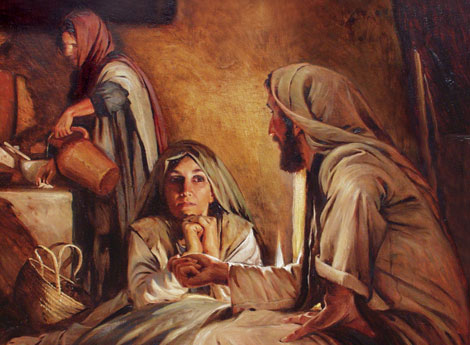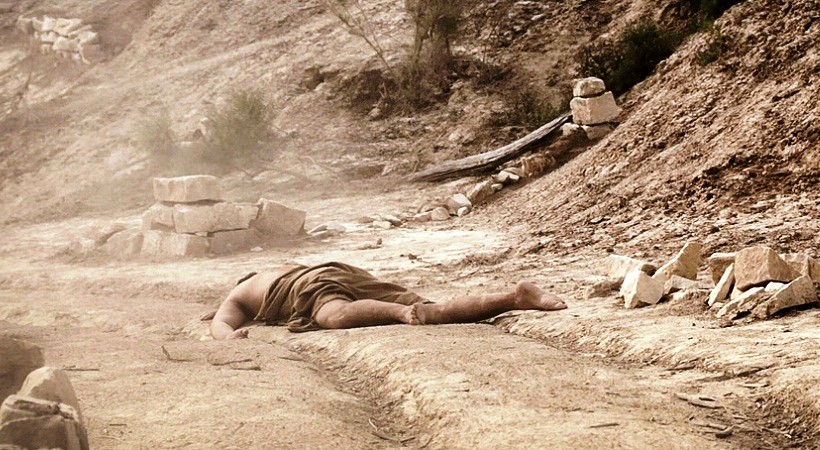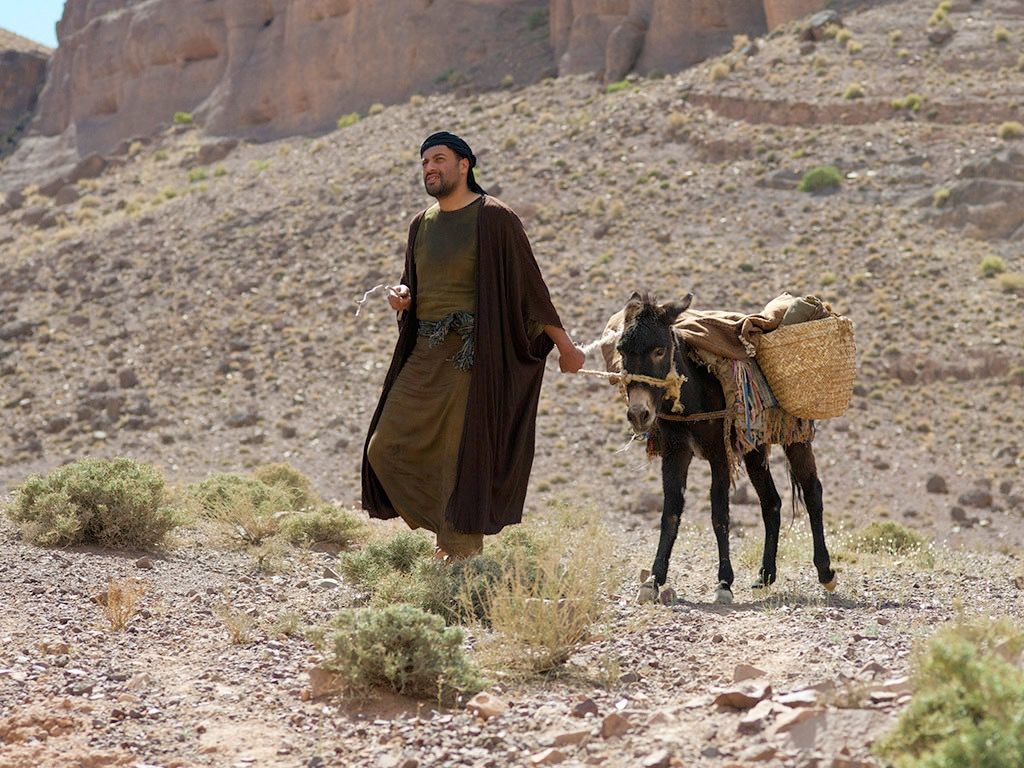 If suddenly someone were to ask you: “What do you live for?” Would you be taken aback and be at a loss as to what to answer?
If suddenly someone were to ask you: “What do you live for?” Would you be taken aback and be at a loss as to what to answer?
Have you ever asked yourself the question? And… if a second question followed the first asking you: “What are you ready to die for?” would you be more confused?…
We may find these two questions quite… intrusive but they are nonetheless at the very heart of our human existence. In the hustle and bustle of our daily life, we may not allow these concerns to claim much of our attention.
Our many occupations and preoccupations keep us focused on more down-to-earth matters and yet… is there anything more important than knowing the purpose of our human destiny?
Some people have settled for the life-style of the man in Jesus gospel story: “Take things easy, eat, drink, and have a good time” (Lk.12:13-21).
Jesus qualifies this attitude in strong terms calling the man: “Fool.” Nobody likes to be seen as foolish but… some types of wreckless living deserve this attribute – the kind of life which leaves us insensitive to anything that does not bring about our personal satisfaction. The kind of life with no thought of the true values, those that make us “rich in the sight of God.”
This Sunday’s gospel message may appear somehow the bearer of a stern warning. But… what if it were necessary and salutary?



 there, at the back of our minds but with little bearing on how we live from day to day…
there, at the back of our minds but with little bearing on how we live from day to day… La plupart d’entre nous ont fait cette expérience : quelqu’un nous aborde pour nous poser une question. Mais l’attitude de la personne démontre que la réponse lui est déjà connue. Peut-être ne s’agit-il pas précisément d’un piège mais… il est évident qu’on veut tout au moins tester notre savoir ou notre mémoire! D’ordinaire, une telle situation n’a rien d’agréable.
La plupart d’entre nous ont fait cette expérience : quelqu’un nous aborde pour nous poser une question. Mais l’attitude de la personne démontre que la réponse lui est déjà connue. Peut-être ne s’agit-il pas précisément d’un piège mais… il est évident qu’on veut tout au moins tester notre savoir ou notre mémoire! D’ordinaire, une telle situation n’a rien d’agréable. Un prêtre et un légiste n’ont pas fait bonne figure alors qu’un Samaritain détesté a mis en pratique ce que la Loi requiert. Et lui, un scribe à la science éprouvée, ou prend-il place?
Un prêtre et un légiste n’ont pas fait bonne figure alors qu’un Samaritain détesté a mis en pratique ce que la Loi requiert. Et lui, un scribe à la science éprouvée, ou prend-il place? Reading the gospel text for this Sunday (Lk.9:51-62, 13th Sunday, Year C) someone could explain with a touch of humour: “This is a mixed bag!” Indeed, we find in those few verses all kinds of ideas. More than one theme is presented to our reflection:
Reading the gospel text for this Sunday (Lk.9:51-62, 13th Sunday, Year C) someone could explain with a touch of humour: “This is a mixed bag!” Indeed, we find in those few verses all kinds of ideas. More than one theme is presented to our reflection: